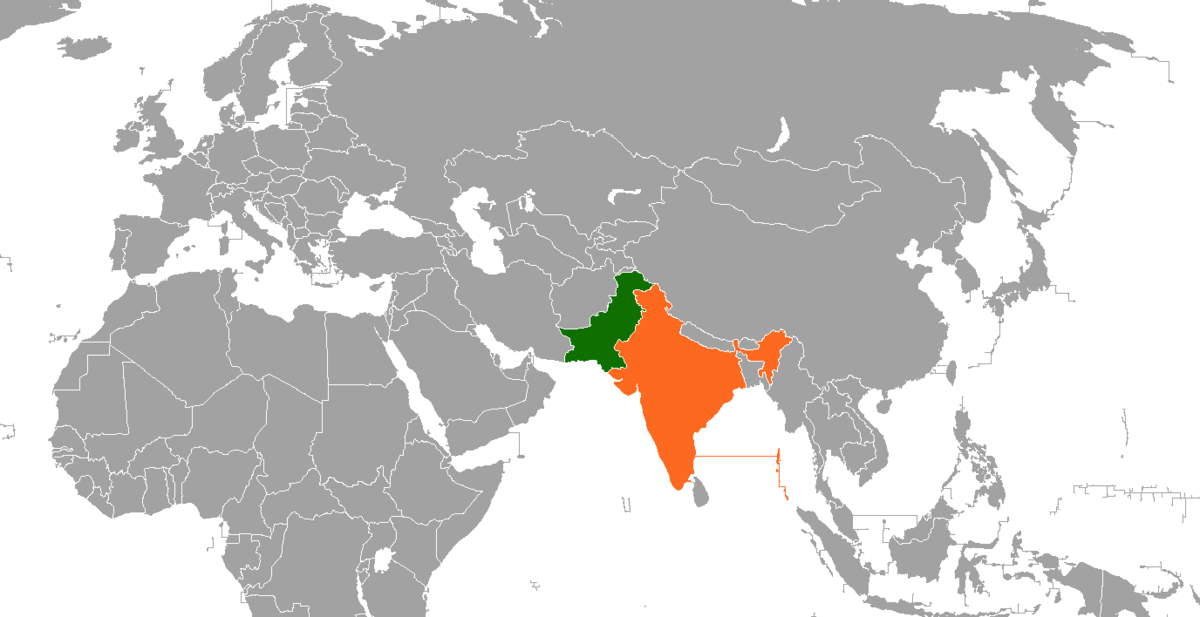
On 22 April, gunmen opened fire on a group of tourists in Pahalgam, a scenic town in Indian-administered Kashmir, killing 26 people, including 25 Hindu tourists and one local Muslim. The Resistance Front, believed to be linked to the Pakistan-based Lashkar-e-Taiba, claimed responsibility. India swiftly accused Pakistan of harbouring the attackers, a charge Islamabad denies.
In response, New Delhi expelled Pakistani diplomats, closed its borders, and suspended the Indus Waters Treaty—a pivotal agreement governing water sharing between the two countries. Pakistan retaliated by suspending the Simla Agreement, closing its airspace to Indian aircraft, and expelling Indian diplomats. Both sides have since reported exchanges of fire along the Line of Control, the de facto border in the disputed region.
Indian Prime Minister Narendra Modi has granted his military "operational freedom," signalling a potential for targeted strikes against militant infrastructure across the border. Pakistan's military, led by General Asim Munir, has warned of a "strong response" to any Indian incursion, heightening concerns of a rapid escalation.
The United States, traditionally a mediator in such crises, has taken a more subdued role. Secretary of State Marco Rubio has held separate calls with Indian Foreign Minister Subrahmanyam Jaishankar and Pakistani Prime Minister Shehbaz Sharif, urging de-escalation. While expressing condolences for the victims and reaffirming support against terrorism, Rubio emphasized the need for cooperation and peace.
Meanwhile, the situation on the ground remains volatile. Indian forces have intensified counterterrorism operations in Kashmir, detaining numerous suspects and demolishing homes linked to alleged militants. Pakistan-administered Kashmir has closed all religious seminaries for ten days, citing fears of potential Indian airstrikes.
